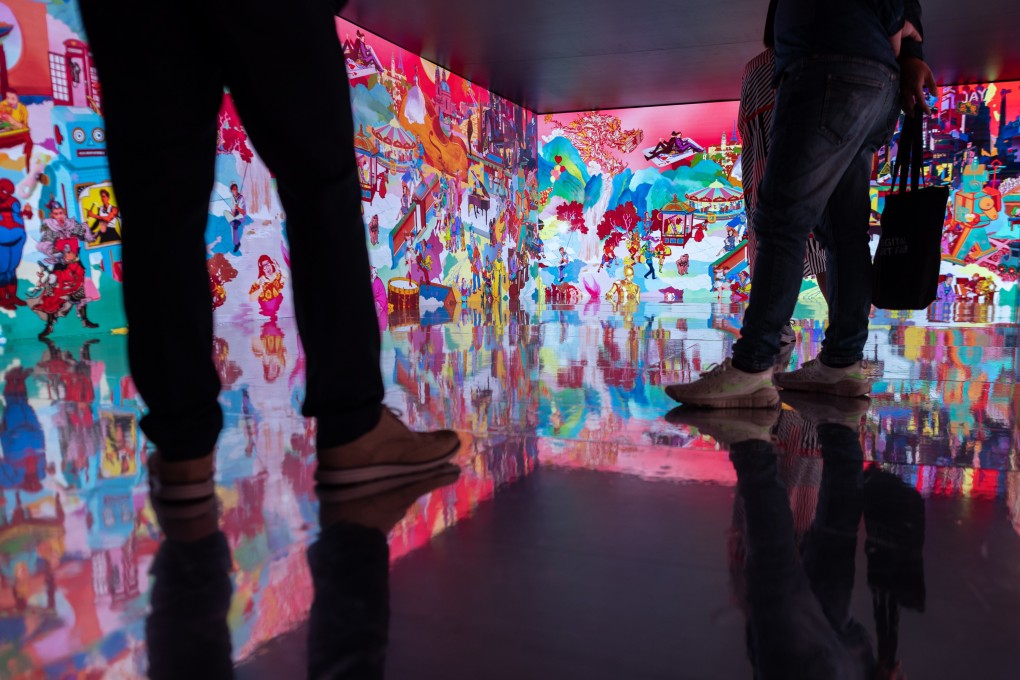Letters | Educators should learn about the metaverse to prepare students for it
- Readers discuss why the metaverse has to be better understood, propose an elegant solution to Hong Kong’s tunnel traffic problem, and consider the economics of sanctions

The metaverse has at least three dimensions that we need to better understand. Virtual reality is one dimension and ironically the least promising one so far. The current VR technologies are far from mature. If we look at the products on the market today, they are solving very basic problems like reducing the weight of the headset, enhancing resolution and response time, reducing dizziness and preventing the user from falling or colliding with objects. From an engineering perspective, it could require a million times the current computing power to produce a VR experience that is close to reality. It may take one or two decades for VR to be as popular as today’s computers.
The second dimension is artificial intelligence, which could be a game changer. Virtual humans, such as virtual singers and virtual live streamers, have become popular. Also, every object in the metaverse could be intelligent as it is a software programme and does not have to be in human form. For example, you could have a virtual maths teacher helping to solve an equation, or a robot helping to manoeuvre a space shuttle. AI could change the way we live, learn and play.
The metaverse has the potential to be a new universe that will greatly affect our daily lives, perhaps even subverting the values and concepts we have long embraced. Educators need to be aware of how the metaverse can affect our future society, and how students can be well prepared for the world they will live in.